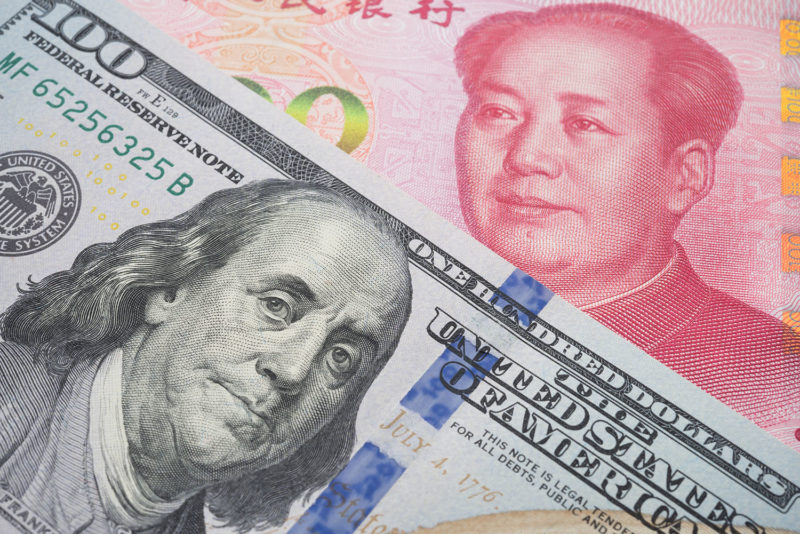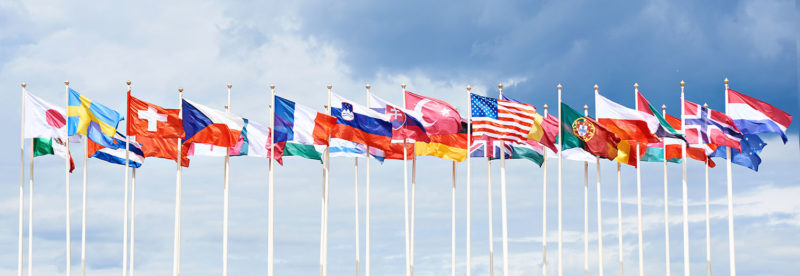

Beijing’s growing influence in Africa
China’s spectacular economic growth has been reflected in the Asian giant’s rising influence on the African continent. With investments that span across the continent and have global geopolitical implications, China is expanding its worldwide reach and tapping into Africa’s vast market and resources.
As the world’s second-largest economy, China is expanding its global reach and tapping into Africa’s vast market and resources. In the process, the Asian giant has become Africa’s largest trading partner, investing heavily in infrastructure, resources, and businesses across the continent.
For their part, African governments see an opportunity in this increased Chinese presence in their territory, diversifying their global strategic alliances through a new model of economic development that is more benevolent than the neoliberal alternative of the Western colonial powers.
On the other hand, Europe and the US understandably see this as a threat to their hegemonic position in dictating what economic policies are best for the continent or themselves and accusing China of imperialism.
Loans and infrastructure in exchange for natural resources
Several factors have contributed to this paradigm shift. One of the key ones is the search for natural resources to fuel China’s rapidly growing economy. Africa is rich in minerals and hydrocarbons that are critical to China’s economic growth.
With these investments, Beijing secures access to the raw materials necessary for its economy to continue to grow, while at the same time increasing exports of its products, services, and infrastructure development contracts in the 53 African countries with which it maintains diplomatic and trade relations.
At the same time, the desire to position itself to take advantage of the large consumer market on the African continent can’t be ignored. With a population of more than 1.4 billion people, expected to double by 2050, Africa is one of the regions with the highest GDP growth and is expected to maintain a stable and steady growth tendency between 2023 and 2027.
Unlike the privatisation and market deregulation policies promoted by the World Bank and the IMF, which are designed to benefit Western corporations at the expense of the misery of the local population, who will end up paying back the loans, China provides a type of financing that does not interfere in economic policies and is perceived as a less unequal treatment between two state actors.
That said, it remains to be seen whether, in the face of increasing debt overhangs and potential defaults, China will continue to forgive African countries’ debts in exchange for influence and new contracts, or will opt for the Western model of tying them into a spiral of unpayable debt in order to decimate what little sovereignty they have left.
11Onze is the community fintech of Catalonia. Open an account by downloading the app El Canut for Android or iOS and join the revolution!
Leave a Reply
You must be logged in to post a comment.





Bon article informatiu…💪🏻
Moltes gràcies, Cristian, celebrem aquesta opinió positiva cap a nosaltres, ens anima a continuar fent la nostra tasca amb rigor i professionalitat.
👍
Gràcies, Manel!!!
Gràcies!
Gràcies, Joan!!!
👍
Gràcies, Jordi!!!